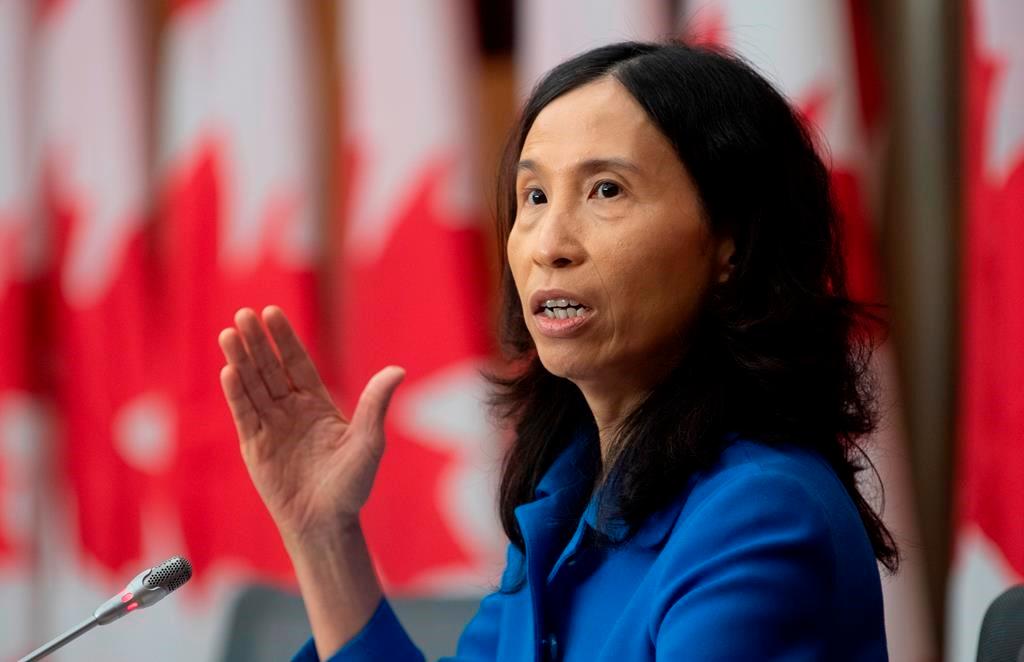Canada’s top public health officials say they are looking at the possible use of smallpox vaccines against monkeypox, after the first two cases of monkeypox infections in the country were confirmed in Quebec this week.
Canada’s chief public health officer Theresa Tam told reporters at a press conference on May 20 that federal public health authorities are now “having discussions” with international and provincial counterparts around the potential use of the smallpox vaccine for monkeypox.





